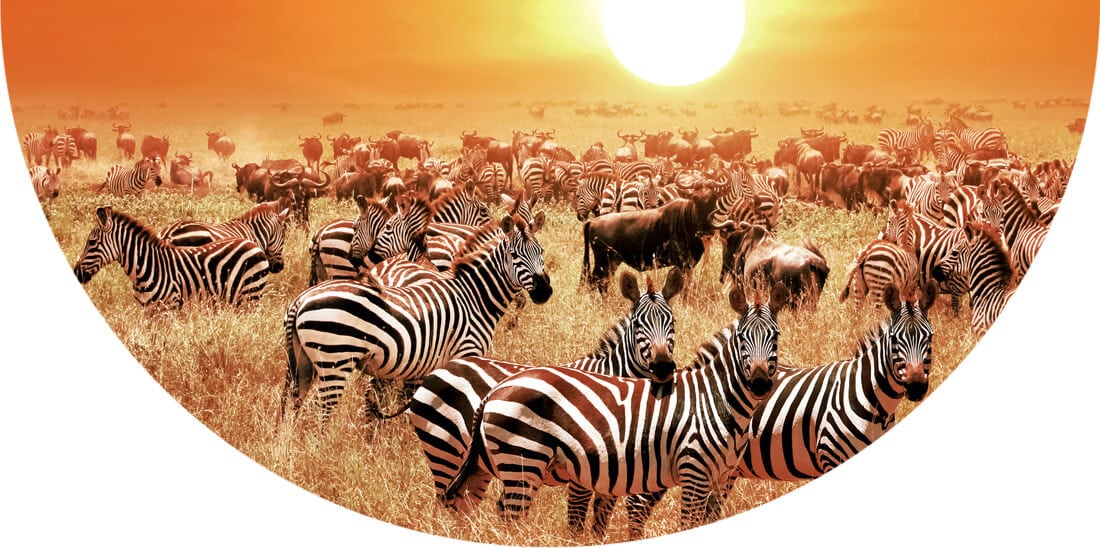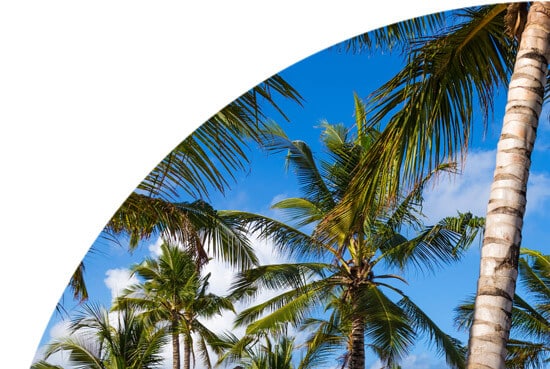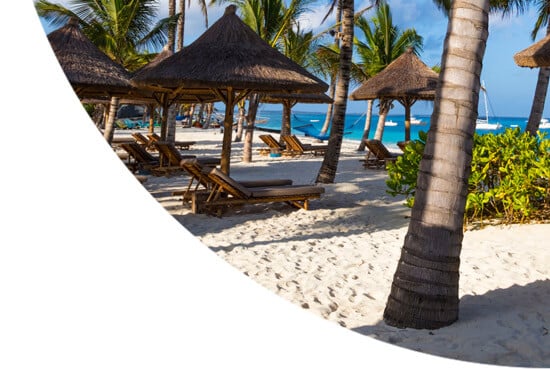Rift Valley fever (RVF) is an acute, fever-causing viral disease that usually affects domesticated animals (such as cattle and sheep), but can also infect and cause illness in humans. The majority of human infections are caused by direct or indirect contact with the blood or organs of infected animals.


Travel Vaccinations for Tanzania
Recommended Vaccines for Tanzania
The level of protection needed depends on your medical history and travel itinerary. Book now to get a personalised recommendation from our specialist travel nurses. The consultation costs £20 plus any vaccines you decide to take.
Flexible appointments with no upfront payment
Book Now
Destination Information for Tanzania
Tanzania is the largest country in East Africa, boasting over 500 miles of stunning coastline with superb white sandy beaches, known as the Swahili Coast. Tanzania is home to Mount Kilimanjaro, Africa’s tallest mountain, as well as Mount Meru – equally beautiful mountain but one that is much quicker to climb! If you’re a keen wildlife watcher, Tanzania should definitely be one of your top choices of African destination, with some of the most impressive game reserves and national parks found on the continent, including the famous Serengeti National Park. See elephants, hippos, chimpanzees, crocodiles, lions and many more fascinating species in their natural habitat.
The Tanzanian people are welcoming and friendly, and are keen to welcome you to a local meal, demonstrate a traditional dance and barter with you at the busy and bustling markets. There are more than 120 different ethnic groups and cultures in Tanzania, but the country is peaceful and safe, making it an appealing destination for visitors. Most tourists come for a safari holiday or to trek in the snow-capped mountainous region in the Northeast of the country. It’s also possible to arrange a cultural tour and experience the life of the locals, learning about Tanzanian customs and traditions around the country.
If you’re heading to the Serengeti or on a safari, huge herds of wildebeest, zebra and buffalo migrate during January and February, so you’re almost guaranteed an incredible view. Unfortunately, this is also the hottest time of year. For the most comfortable weather during the day and evenings, June to August at the end of the rainy season is preferable.
Although the potential for yellow fever is low in Tanzania certification is essential if arriving from another high-risk country. We can help protect you against food and water borne illness such as hepatitis A and Typhoid and supply you with travellers’ diarrhoea packs. You will need be up to date with your tetanus. Other risks include rabies, Hepatitis B, Malaria, Meningitis and in some instances Cholera. Malaria is prevalent so please book and appointment to see which anti-malarial medication suits you best.
Infections and Outbreaks frequently change from country to country and by attending our clinics you will be given the most up to date clinical and safety advice from our team of specialists. Our advice to you often includes aspects such as:
- Food and water hygiene
- Insect and animal bite avoidances
- Personal safety
- Sexually transmitted infections
- Sun protection
- Altitude sickness



